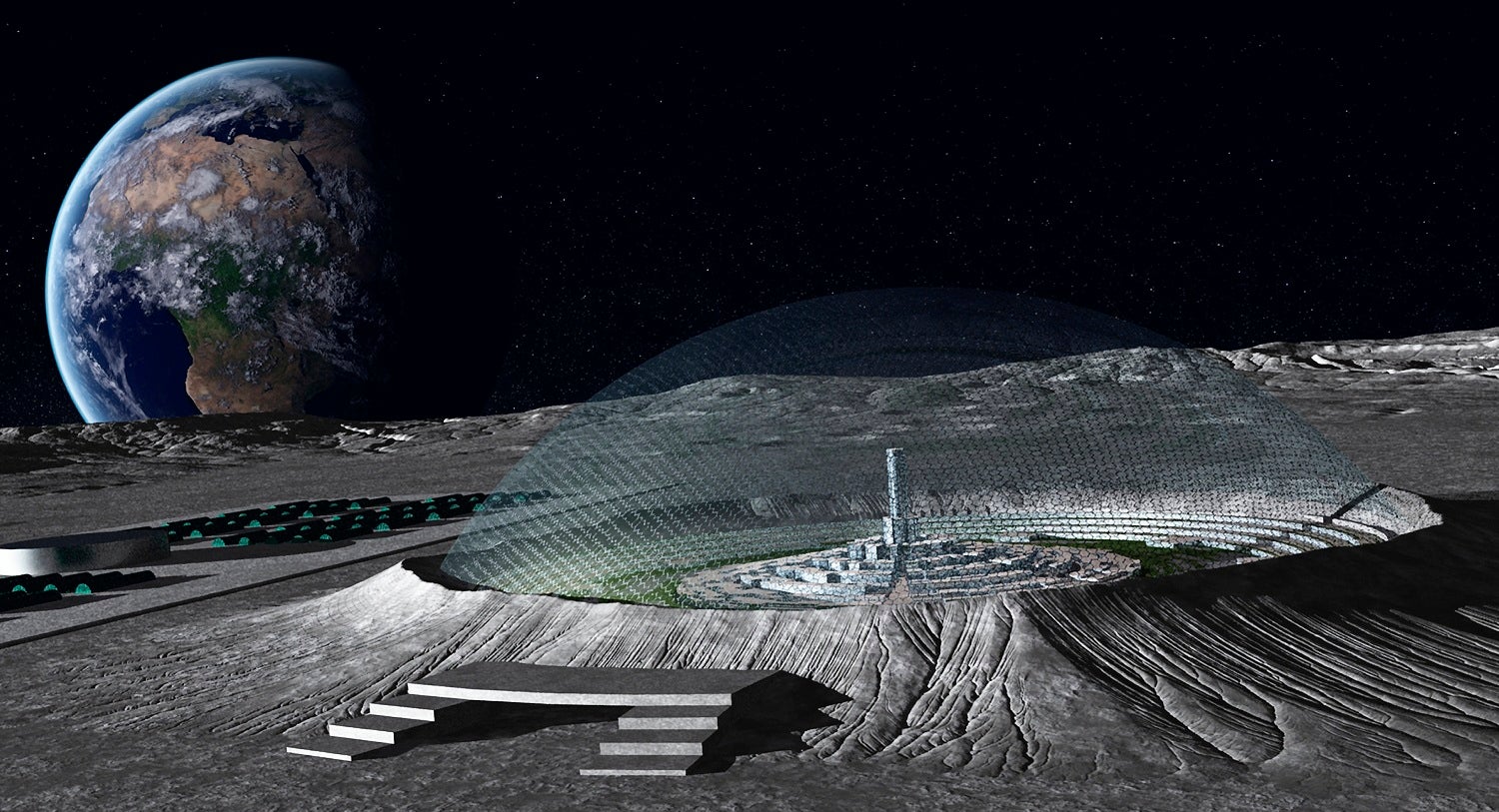China and Europe to build a base on the moon and launch other projects into space
If space is to be explored peacefully it will require ‘international collaboration’, a spokesperson for the European Space Agency said

Your support helps us to tell the story
From reproductive rights to climate change to Big Tech, The Independent is on the ground when the story is developing. Whether it's investigating the financials of Elon Musk's pro-Trump PAC or producing our latest documentary, 'The A Word', which shines a light on the American women fighting for reproductive rights, we know how important it is to parse out the facts from the messaging.
At such a critical moment in US history, we need reporters on the ground. Your donation allows us to keep sending journalists to speak to both sides of the story.
The Independent is trusted by Americans across the entire political spectrum. And unlike many other quality news outlets, we choose not to lock Americans out of our reporting and analysis with paywalls. We believe quality journalism should be available to everyone, paid for by those who can afford it.
Your support makes all the difference.China and Europe are looking to build a human outpost on the moon.
Representatives of the Chinese and European space agencies have discussed collaborating on a moonbase and other possible joint endeavours, according to spokespeople and media reports.
The work was first revealed by Tian Yulong, the secretary general of China’s space agency, who told Chinese state media about the talks. Pal Hvistendahl, a spokesperson for the European Space Agency, confirmed the discussions.
“The Chinese have a very ambitious moon programme already in place,” Mr Hvistendahl said. “Space has changed since the space race of the Sixties. We recognise that to explore space for peaceful purposes, we do international cooperation.”
Johann-Dietrich Wörner, the director general of the 22-member ESA, has described its proposed “Moon Village” as a potential international launching pad for future missions to Mars and a chance to develop space tourism or even lunar mining.
China arrived relatively late to space travel but has ramped up its programme since its first manned spaceflight in 2003, more than 42 years after a Soviet cosmonaut became the first to reach orbit.
Last week, the China National Space Administration launched an unmanned spacecraft on a mission to dock with its currently unoccupied space station. It plans to launch a mission to collect samples from the moon by the end of this year and conduct the first mission to the moon’s far side to bring back mineral samples next year.
The ESA hopes to conduct a mission analysis on samples brought back by this year’s Chinese mission, known as Chang’e 5, and also have a European flying on the Chinese space station at some future date, Mr Hvistendahl said. Neither prospect has been finalised.
China was excluded from the International Space Station mainly due to US legislation barring such cooperation and concerns over the Chinese space programme's strong military connections.
Additional reporting by Associated Press
Join our commenting forum
Join thought-provoking conversations, follow other Independent readers and see their replies
Comments